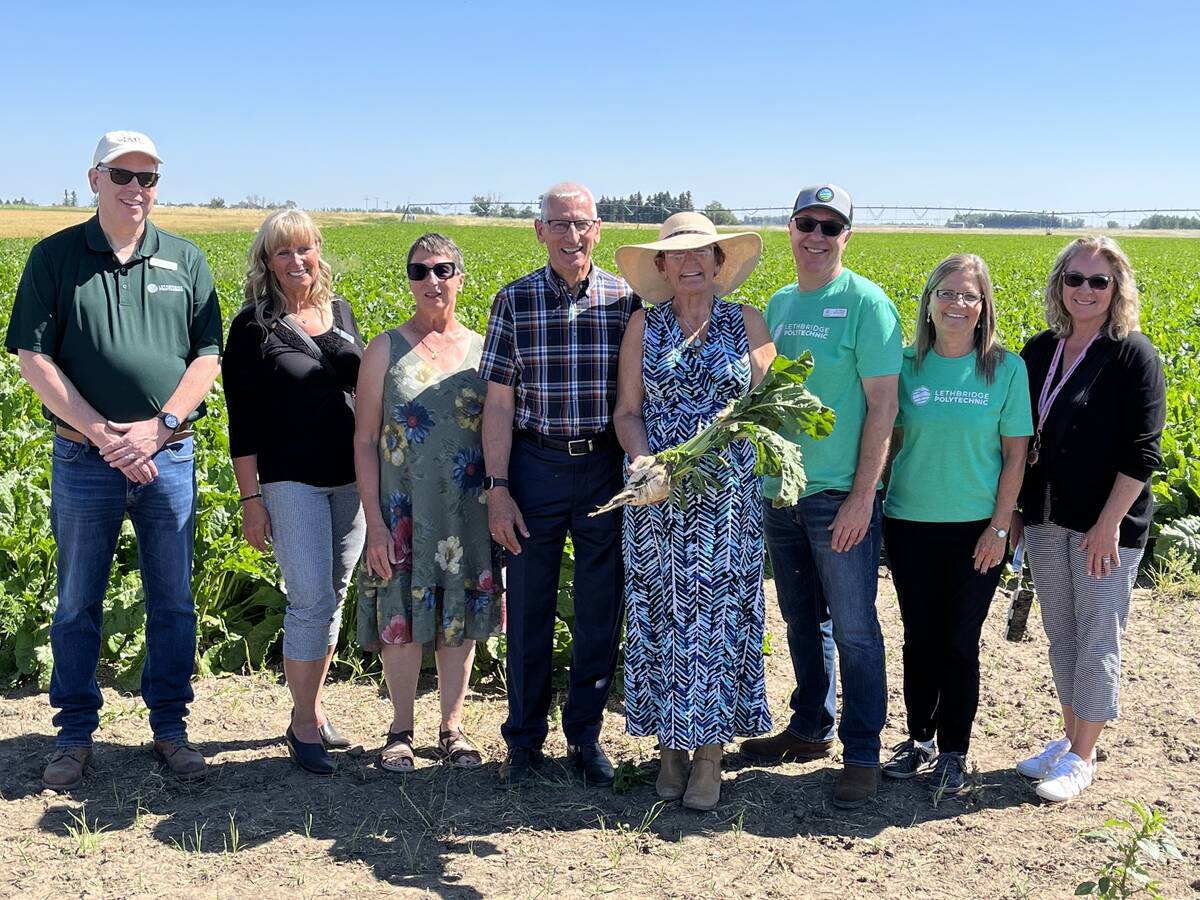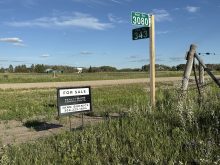A Saskatchewan hog producer’s plans to become a publicly traded company are on hold because of bad market conditions.
Big Sky Farms has withdrawn its proposed initial public offering of shares that were to be listed on the Toronto Stock Exchange.
There are several reasons, said president Florian Possberg. “We got caught in some bad timing.”
The company will continue its plan to build large-scale hog production farms at Preeceville and Ogema, Sask., but will have to get money from private investors, he said.
Read Also

Lethbridge Polytechnic receives major donation
Multimillion-dollar donation by Hranac family aids Lethbridge Polytechnic’s research in integrated food production systems, irrigation science and post-harvest technology in Alberta
Three developments conspired to upset the initial public offering.
Unstable dollar
The financial community is generally on edge this summer as investors try to determine what will happen to the Canadian dollar, interest rates and world stock markets, he said.
“We’ve had some bad press in the hog industry because commodity prices are down. We are a commodity traded into world markets and Asia is a major purchaser of our pork products. People get a little nervous.”
Also, July was a bad month to try to get financial advisers and investors out to information meetings on Big Sky’s plans, he said.
“We had significant interest, it just wasn’t enough to close the deal.”
Although the plan to go public is now on hold, it isn’t dead.
Good for investors
Possberg believes going public will eventually give the company a strong selling point when it looks for local investors. It will assure them that if they buy shares, they will have a market to sell them.
“We think that by being in the public market we can provide an opportunity for significant liquidity for our investors.”
Although construction will be delayed, it will go ahead despite low hog prices, he said.
The barns take about 18 months to build and by then, hog prices may have recovered from current lows.
Some analysts warn demand forecasts don’t support the enormous size of the planned North American hog industry expansion.
But Possberg is confident that because facilities on the Canadian Prairies have the lowest costs, they will succeed where others will not.
















